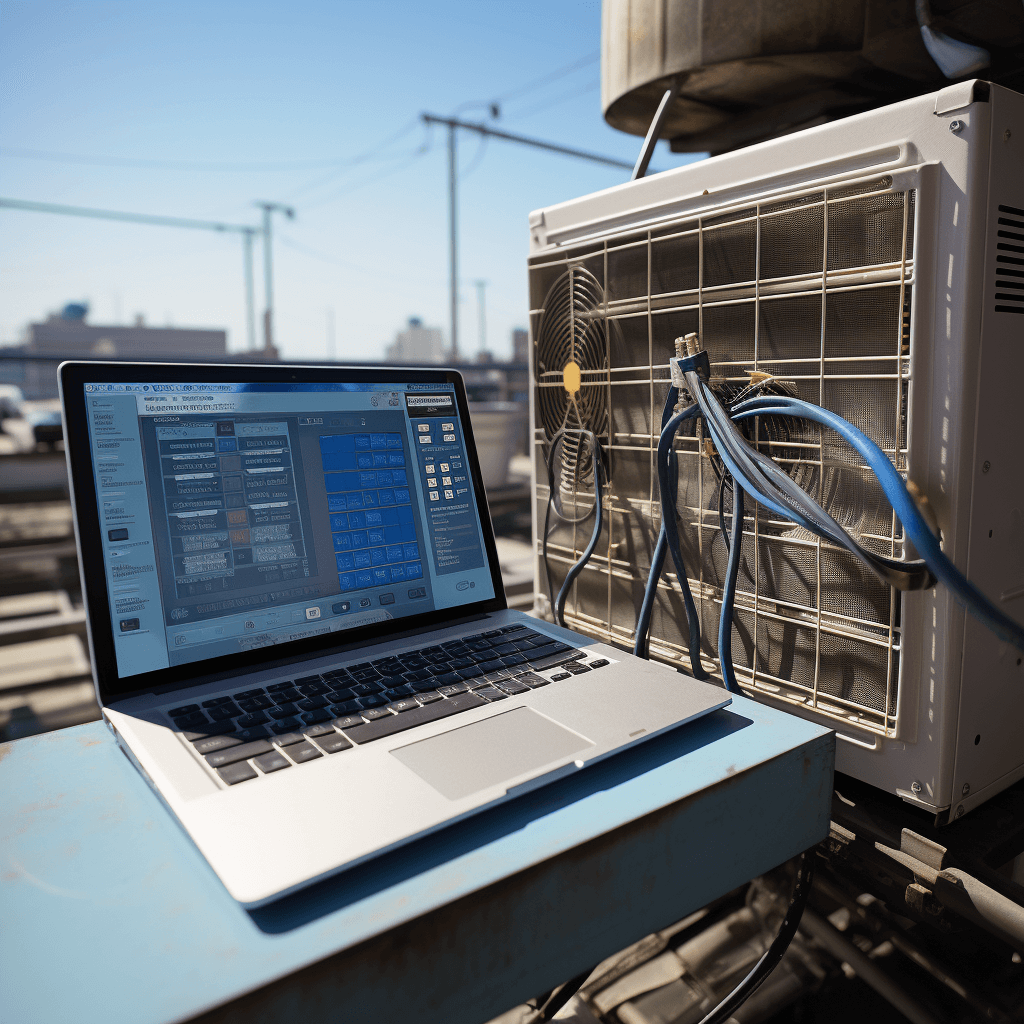How to Measure the Efficiency of a Commercial HVAC System? An In-Depth Guide by AirGreen
At AirGreen, a leading provider of Commercial HVAC systems and services in Greater Montreal, Laval, Longueuil, South Shore, and North Shore, we specialize in selling and installing high-quality Commercial HVAC systems. We understand that the efficiency of your HVAC system is paramount to the comfort of your building’s occupants, your energy costs, and your carbon footprint. So, how do you measure the efficiency of a commercial HVAC system? Let’s delve into this topic.
Understanding HVAC Efficiency
HVAC efficiency is the measure of how well your HVAC system can convert its energy input into heating or cooling output. The higher the efficiency, the more heating or cooling you get per unit of energy, which translates into lower energy costs and a smaller carbon footprint.
Key Efficiency Metrics
When it comes to measuring HVAC efficiency, several metrics come into play:
- Seasonal Energy Efficiency Ratio (SEER): SEER is the total cooling output during a typical cooling-season divided by the total electric energy input in the same period. A higher SEER rating means greater energy efficiency.
- Heating Seasonal Performance Factor (HSPF): HSPF is similar to SEER, but for heat pumps. It is the total heat output of a heat pump during the normal heating season, as compared to the total electricity consumed.
- Energy Efficiency Ratio (EER): Unlike SEER, EER is a snapshot of a system’s energy efficiency under one specific condition, rather than over an entire season. It's the ratio of the system's cooling capacity to power input.
- Coefficient of Performance (COP): COP is the ratio of useful heating or cooling provided by a system to the total input of electricity. A higher COP indicates a more efficient system.
How to Measure Efficiency
Here’s a step-by-step guide on how you can measure the efficiency of your commercial HVAC system:
- Identify the Type of HVAC System: The first step is to identify the type of HVAC system you have, as different types of systems have different efficiency metrics.
- Check the Energy Guide Label: Most HVAC systems come with an Energy Guide label that indicates its SEER or HSPF ratings.
- Conduct an Energy Audit: Professional energy audits can help assess the energy efficiency of your HVAC system and identify areas of improvement.
- Use Energy Management Software: Energy management software can help monitor energy usage in real-time and provide insights into HVAC performance.
- Hire a Professional HVAC Service: Hiring a professional HVAC service like AirGreen can ensure accurate measurement and analysis of your HVAC system’s efficiency.
Maintaining HVAC Efficiency
Maintaining HVAC efficiency is as important as measuring it. Here are some tips to keep your HVAC system running at optimal efficiency:
- Regular Maintenance: Regular maintenance of your HVAC system can help detect and fix issues early, preventing inefficiencies.
- Proper Installation: A correctly installed HVAC system is more likely to operate at peak efficiency.
- Upgrade to a High-Efficiency System: If your HVAC system is old and inefficient, it may be time to upgrade to a new, high-efficiency system.
- Energy-Efficient Practices: Encourage energy-efficient practices, such as using natural ventilation when possible and setting thermostats at energy-saving temperatures.
At AirGreen, we understand the importance of HVAC efficiency for your business. Whether it's selling and installing energy-efficient commercial HVAC systems, providing regular maintenance, or carrying out professional energy audits, our team of qualified professionals is here to help you maintain optimal HVAC efficiency and minimize your energy costs.

